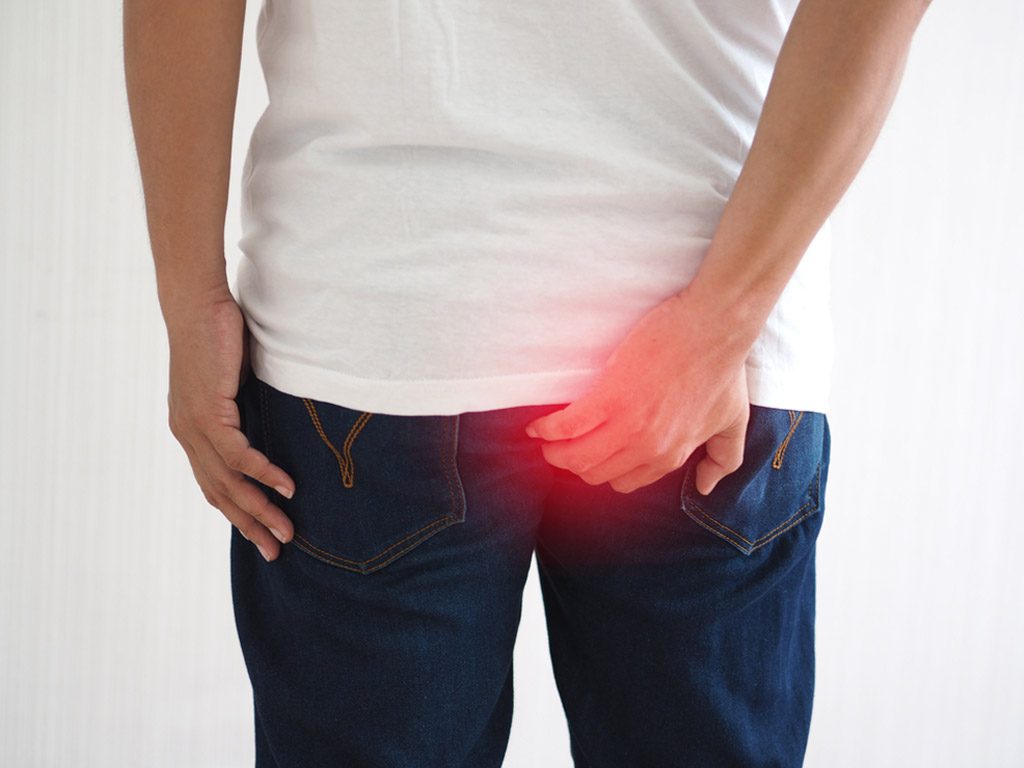
An anal fissure is a tear or open sore in the lining of the anus. Symptoms of anal fissures usually occur after chronic hard and dry bowel movements which causes stretching and tearing of the anal lining. In other instances, patients may have experienced chronic diarrhoea and inflammation of the anorectal area prior to the anal fissure. Other possible causes of anal fissures include but are not limited to, inflammatory bowel disease, childbirth and a STI such as syphilis or herpes which can infect and damage the anal canal.
- What are the symptoms of an anal fissure?
Common symptoms of anal fissures include sharp pain during bowel movements, and patients may notice a small amount of blood in their stools or on the toilet paper. Should you experience such symptoms, it is highly recommended to seek medical attention from a colorectal specialist. - How can an anal fissure be treated?
The main purpose of treatment is to prevent further tearing of the anal lining to allow for the fissure to heal. Patients heal by themselves without need for surgical intervention in around half of cases. Patients can apply special medicated creams, use stool softeners, eat fibre-rich foods (with ample hydration) to avoid constipation and use sitz baths to relieve discomfort.
For more serious cases, glyceryl trinitrate ointment can be applied to relax the sphincter muscles. This allows for increased blood flow to the lining, facilitating the healing process.
If the anal fissure does not heal, it must be re-examined by a colorectal specialist to determine the underlying issue that is hindering the healing process. Most patients with chronic anal fissures will need to undergo a surgical procedure, which is a very effective form of treatment. - When should I see a doctor?
If you find that the pain is too severe, or is persistent despite self-care methods at home, seek medical attention for a detailed assessment and treatment plan to ease your discomfort as soon as possible.







